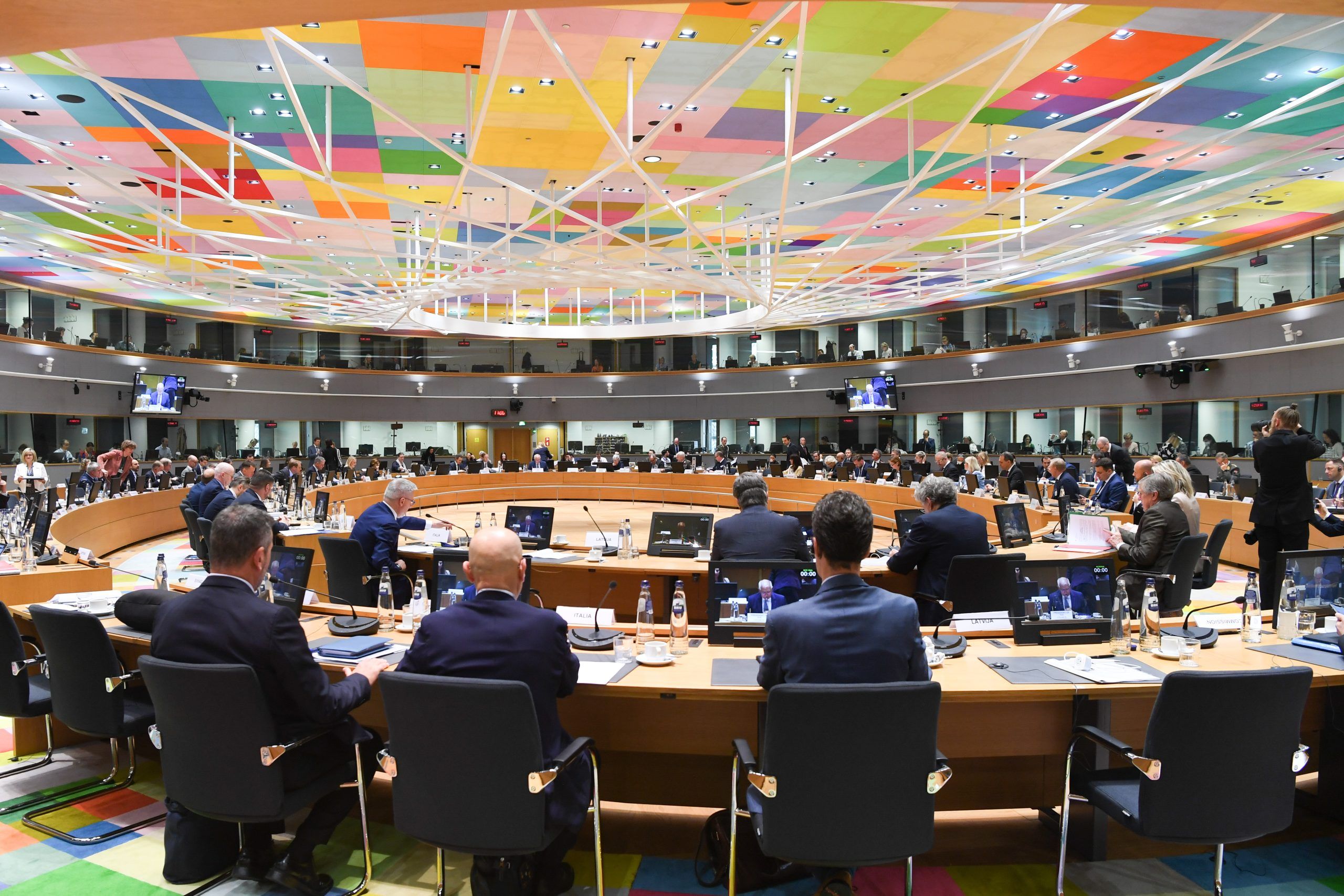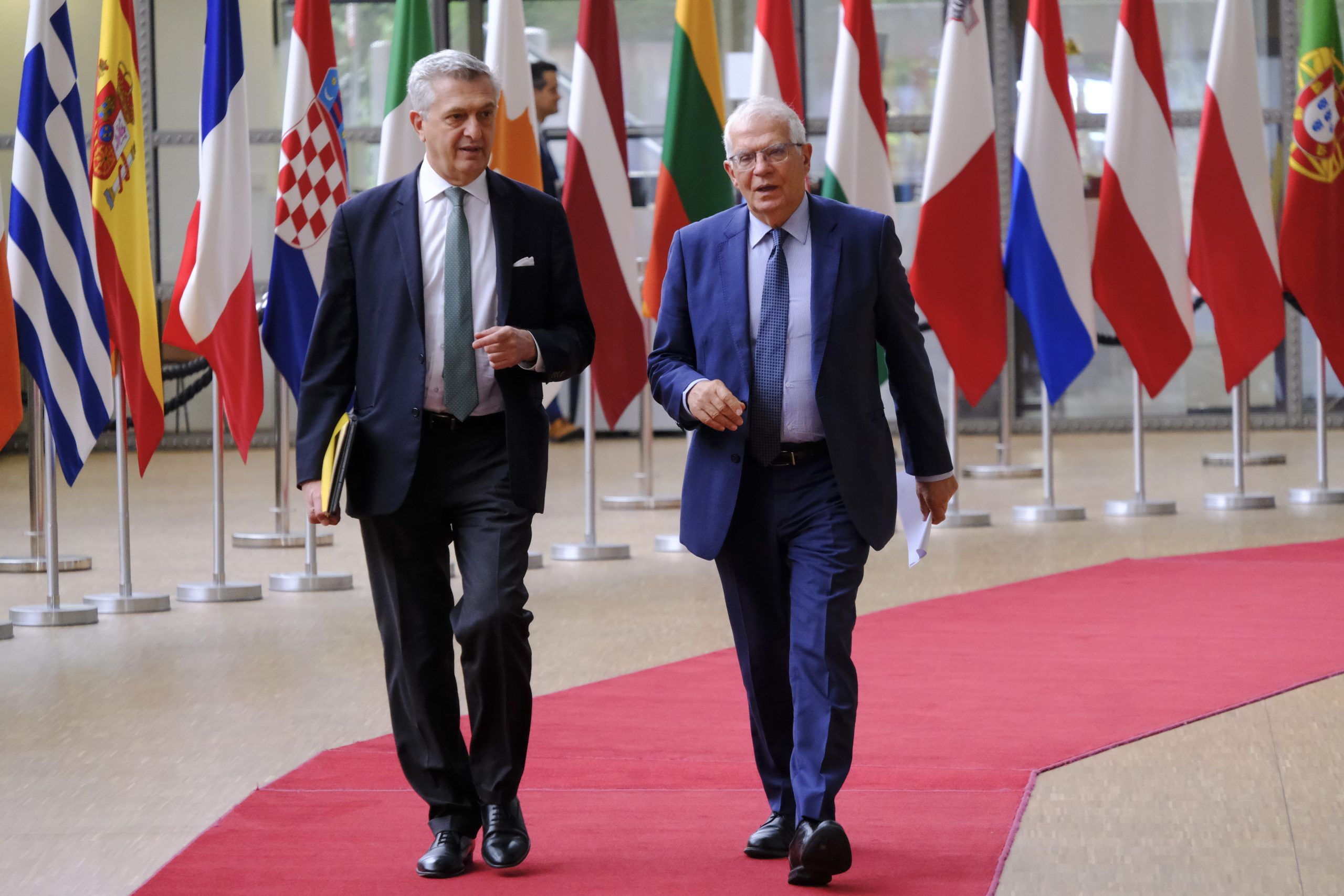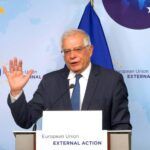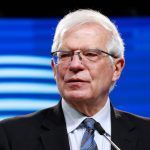The Foreign Affairs Council in its development configuration held a discussion on the looming global food security crisis generated by the Russian Federation’s unprovoked and unjustified military aggression against Ukraine, and the related multilateral response.
Ministers were informed about the gravity of the situation and its implications worldwide. In 2021, Russia and Ukraine were among the top world exporters of cereals and sunflower seeds and oil with Ukraine accounting for over 50% of world trade of sunflower oil. It is estimated that because of the conflict between 20% and 30% of the areas under winter cereal, maize and sunflower seed production in Ukraine will either remain unharvested or not be planted this spring because of the ongoing conflict. This will severely impact vulnerable populations around the world, particularly in low-income countries who depend on food and fertiliser imports.
The Council then discussed various strands of action that the EU will take forward in a Team Europe spirit.
Firstly, the EU will assist vulnerable populations with emergency relief and contribute to strengthen food affordability and macro-economic stability in the short term. Secondly, the EU will support over 70 partner countries in boosting output and the resilience and sustainability of their food systems, to increase food security in the medium term. Thirdly, the EU is committed to release 20 million tons of grains currently blocked in Ukraine’s silos by Putin’s war, and put them in the global markets as quickly as possible through the so-called “Solidarity lanes”, recently proposed by the European Commission. Lastly the EU will work even more closely with and in the United Nations, the G7, the Food and Agriculture Resilience Mission (FARM) initiative, and other formats for global cooperation on this crisis.

Main results of the Foreign Affairs Council – 17 May 2022 |
Development ministers had an informal exchange of views with UN High Commissioner for Refugees Filippo Grandi, who provided an overview of the global situation and the work carried out by the UNHCR. The discussion focused on Ukraine, the Sahel, Afghanistan and Myanmar among others. Currently, there are over 100 million people forcibly displaced around the world.
UNHCR is a key partner for the EU that, together with its member states, is the second largest donor to UNHCR. The EU is working closely with its member states on a joint Team Europe response to address the consequences of the crisis and to ensure adequate financing and support to the most affected and vulnerable populations across the globe.
Source: European Council – Press release







Leave a Reply